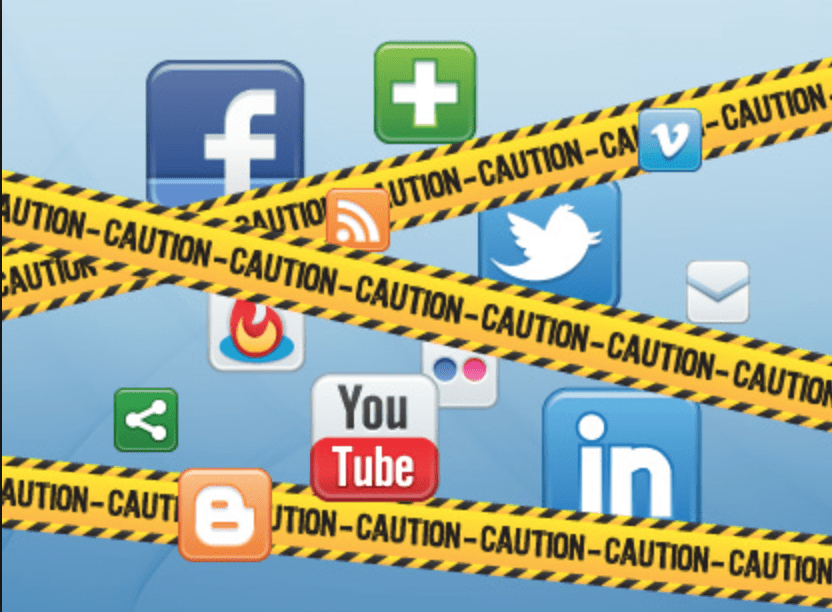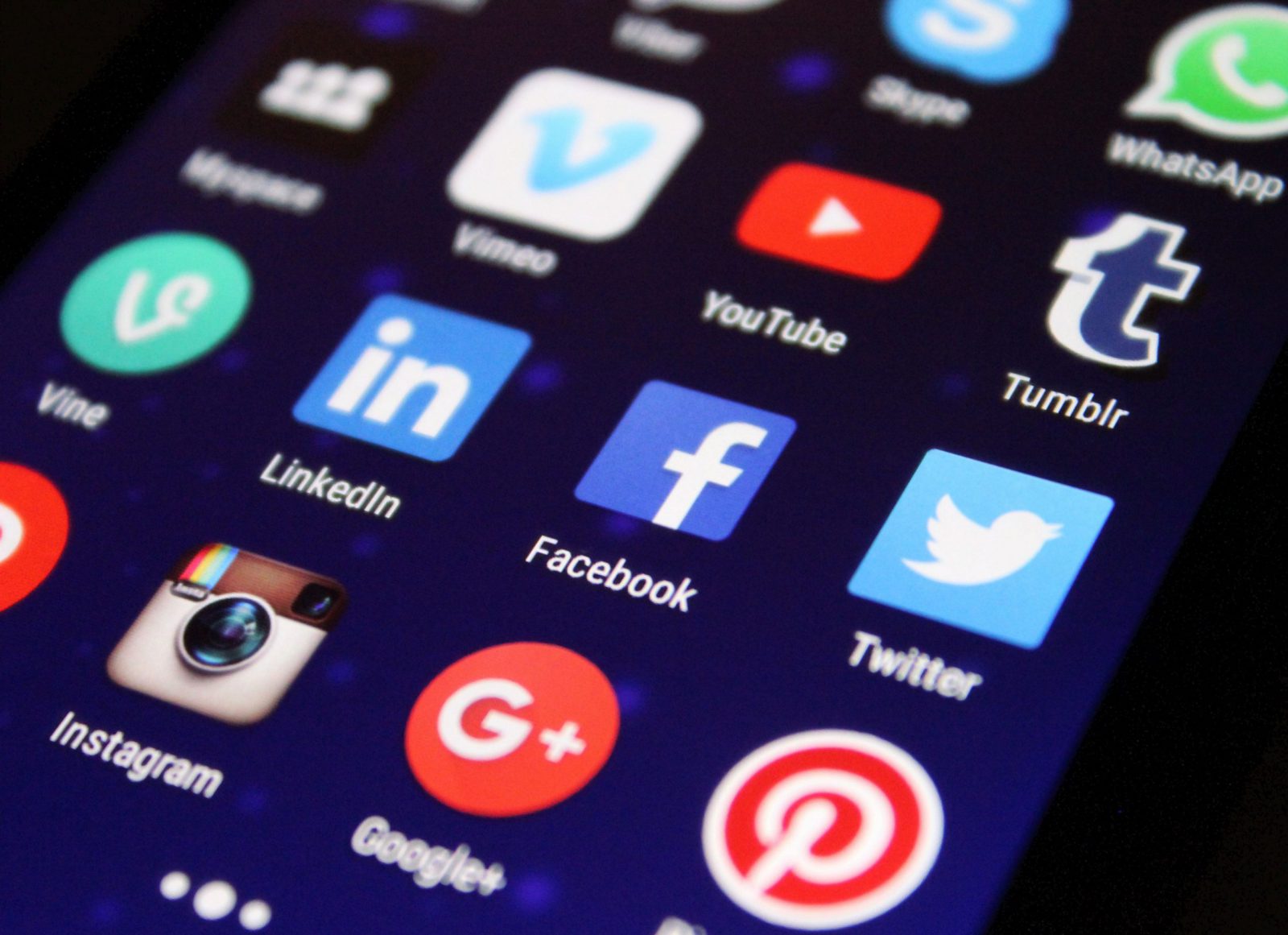Social Media: The Dark Side of Your Personal Data
 There is a glut of articles on social media out there today. Some talk about the evils and some the gifts of being on social media. Others have listed Social Media as a taboo subject and quickly exit the room when it’s discussed. When we talk about social media, most folks see this as an interaction between people. The comments that go back and forth are often passionate pleas, educational discussions or even just bitter arguments. I’ll leave the psychology of social media posting to experts in that field. However, from a data perspective, social media is the largest collector of private data in the world and in history. From the ads you click-on to the posts you read, each element of your personal data helps to build an immense data structure that stores each and every nuance of what you do and then either sells it to individuals, studies it in labs, exports it to buyers or gives access to slice and dice for political or corporate use.
There is a glut of articles on social media out there today. Some talk about the evils and some the gifts of being on social media. Others have listed Social Media as a taboo subject and quickly exit the room when it’s discussed. When we talk about social media, most folks see this as an interaction between people. The comments that go back and forth are often passionate pleas, educational discussions or even just bitter arguments. I’ll leave the psychology of social media posting to experts in that field. However, from a data perspective, social media is the largest collector of private data in the world and in history. From the ads you click-on to the posts you read, each element of your personal data helps to build an immense data structure that stores each and every nuance of what you do and then either sells it to individuals, studies it in labs, exports it to buyers or gives access to slice and dice for political or corporate use.
Many of us have anti-virus software on our computers to keep away malicious software that can steal information, damage our computers, inundate us with horrible ads or even ransom the computer. Let’s face it, computers in and of themselves are so complicated today that most people do not know what information is inside let alone where it all goes. To actually know if your computer has malware inside it we need programs to run constantly to test it and even then, tools have been developed and released into the public that allow virtually any knowledgeable computer individual to infiltrate a system fairly quickly (see CIA tools release 2016).
How Data is Used
In the domain of our own physical computer and phone, we try to be vigilant in securing our sensitive information. We set up directories that manage the information, or we recognize that putting some information on our local computers is not a good idea such as our social security numbers. When it comes to social media, all bets are off. The immense wealth of personal information on a person on social media dwarfs the mere devices and computers we now utilize in work and home. Individuals share everything from their daily medical recovery histories of severe diseases to their most intimate details without even considering who is looking at that information. Data privacy especially in the US is simply lax and used against us daily in ways we never expected. From phishing schemes to stolen credit card information to impersonated accounts, we have become vulnerable by the amount of data we share and is readily available to malicious individuals for nefarious purposes.
How many times have you searched Amazon or an online store only to have that information and 20 ads shown to you on your Facebook feed for example? Your search histories, either on social media or on your browsers are subject to cross sharing and exploitation. Exploitation of your information is routine, sanctioned and a dominant part of American merchandising today. In fact, it’s so routine that you barely notice or get worried when these types of obvious breeches of your basic data privacy happen.
So, what happens when your posting is used against you? What happens when you harmlessly answer those neat 20 question chain posts that are all over the web by your friends? What happens when you answer all those little quizzes like “What is my Princess Name” or “What is your Gangsta’ Name”. Aren’t they harmless? The simple answer is they aren’t harmless at all and the collection and prediction based on your personal information becomes more and more accurate. Eventually, there is such a profile built of your ‘specifications’ that any person with analytical skills could easily start manipulating or using that information to their purposes and possibly your detriment.
As a data driven developer, I have aggregated data from multiple sites over the years to produce a single sourced set of information. In some cases, it was music information compiled on certain songs, the artists, the histories and more. It wasn’t always the same information, but I was able to accomplish quite a few products that gave a better user experience to my client. In other cases, it was company information about specific products with comparisons. Data aggregation is a primary function when dealing with data driven applications. Now let’s take that to the next level.

What is Safe to Share?
What would you look like as a person to me if I was able to access what foods you bought, what medical conditions you had, what is your favorite color, who was your mother, what was your first school and aggregate that data from another database that had your address, how much you spent on a home or on rent, what credit cards you have, what roads you travel, what your favorite hangouts are and on and on? On social media, this was done in 2015-16 by a company called Cambridge Analytica. Everything you posted, everything you bought online, every vote that you had in the past was all produced into a database where decisions about your social media habits were harvested, analyzed, and a psychological profile created on you from the years of personal data. That information profile was then utilized to select individuals all over the US that could be swayed in their opinions. Cambridge Analytica called them the ‘pursuadables’.
Although Cambridge Analytica has been shut down, the data and the engine they created is still in use today. Facebook uses even more focused targeting algorithms than ever before based upon ways to get to a microcosm of individuals and push messaging into their feeds.
One possible approach to protect our information would be for the US to pass a Data Privacy Act similar to Europe. A report would then be available for individuals to know who has control of their private data and what purpose it’s been utilized for. Without a Data Privacy Law, we are at the mercy of any party with money to buy our information and utilize it for whatever purpose they deem valid (whether it is or not!).
In the next PCG Newsletter, I’ll write some things you can do to help yourself stay safe and private on Social Media as well as how to start distinguishing between a legitimate study / poll and a data collecting vacuum that is storing and using your information against you.

